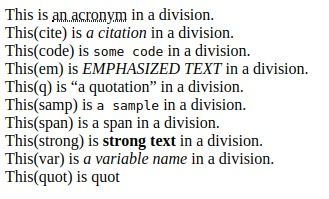“Have difficulties in sth” 这个表达本身并没有语法错误,但它的正确性取决于具体使用场景和上下文。以下是具体分析:

1. 可数性区分
不可数名词(general difficulty)
当表示泛指困难(不特指具体问题)时,用不可数形式,后接 动名词 或 抽象名词:
✅ _She has difficulty (in) understanding the lecture._
(她在理解课程内容上有困难。)
✅ _They had difficulty (in) communication._
(他们在沟通方面有困难。)
可数名词(specific difficulties)
当指具体的困难或难题(多个明确的问题)时,用复数形式,后接 具体名词 或 领域名称:
✅ _He has difficulties in math._
(他在数学方面有多个难题。)
✅ _The project faced difficulties in funding._
(项目在资金上面临具体困难。)
2. 介词选择
介词 "in" 表示“在某个领域/过程中”,通常可以省略(尤其是接动名词时):
✅ _I have difficulty (in) finding a job._
✅ _They experienced difficulties (in) the negotiation._
其他介词如 "with" 更强调“与某事物相关”,用法更灵活:
✅ _She has difficulty with pronunciation._
✅ _He has difficulties with his colleagues._
3. 常见错误
❌ _I have difficulties to finish the task._
(错误:不定式不可直接跟在 "difficulty/difficulties" 后。)
✅ 修正:_I have difficulty (in) finishing the task._
❌ _She has difficulties to understand him._
✅ 修正:_She has difficulty (in) understanding him._
4. 总结
正确的情况:
复数 + in + 具体领域/问题(如 _difficulties in math_)。
单数 + (in) + 动名词/抽象名词(如 _difficulty (in) learning_)。
潜在问题:
避免在 "difficulty/difficulties" 后直接跟不定式(to do)。
根据语境选择单复数形式。
如果上下文是泛指困难,更推荐使用不可数形式 "have difficulty (in) doing sth",这是更自然且高频的表达。复数形式通常用于强调具体问题。


